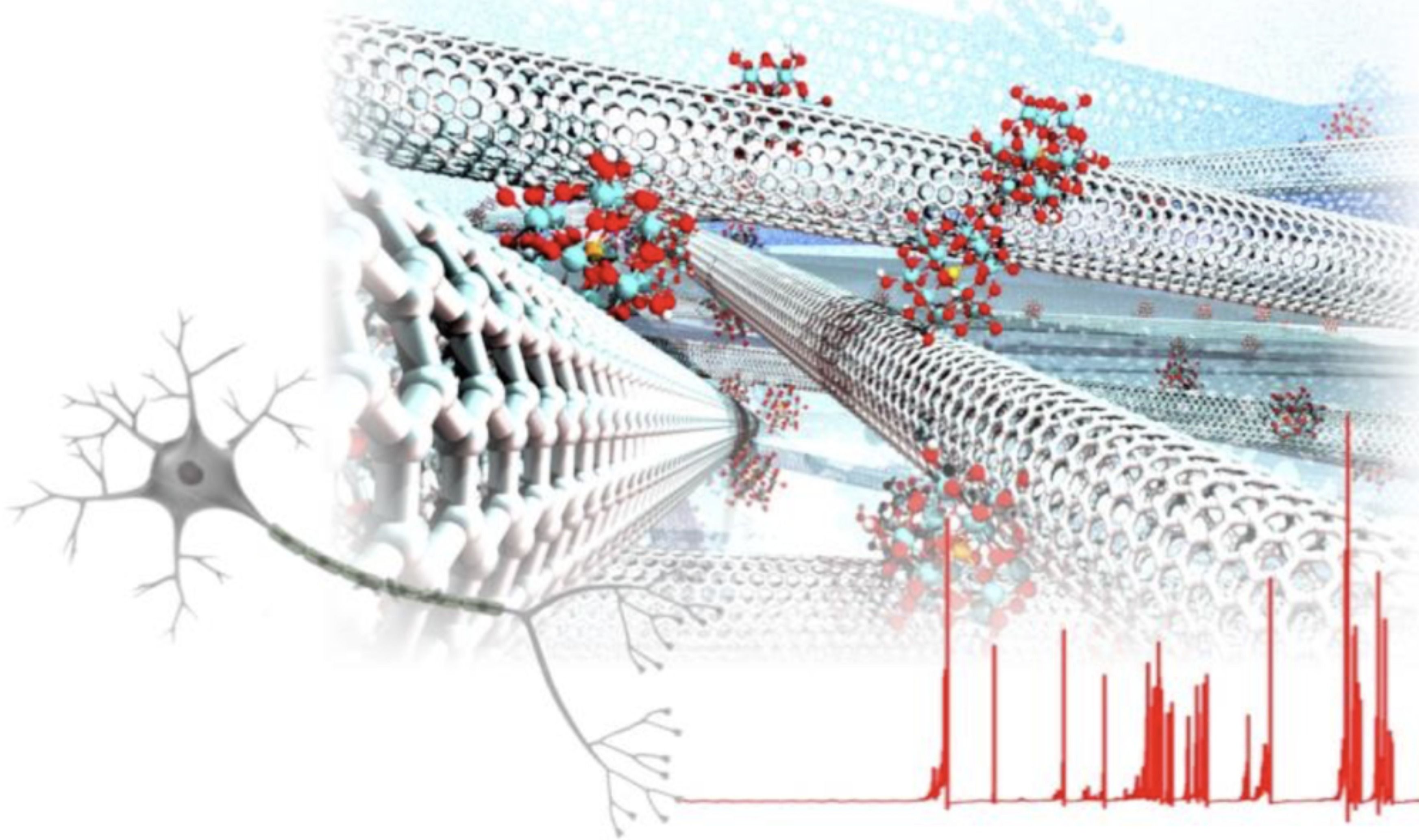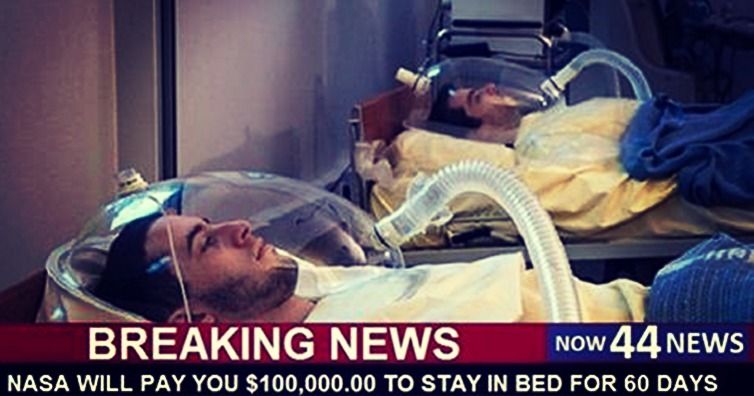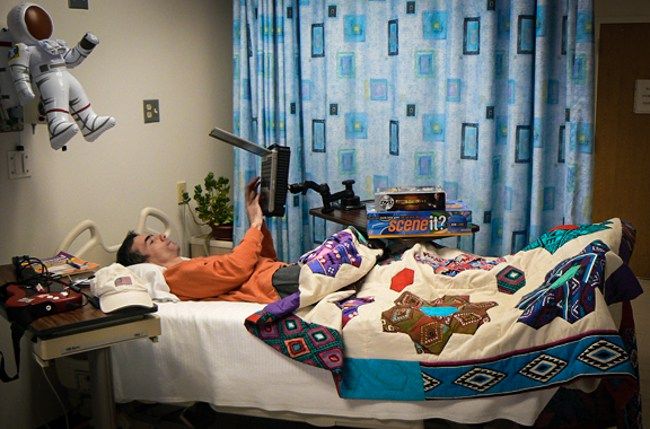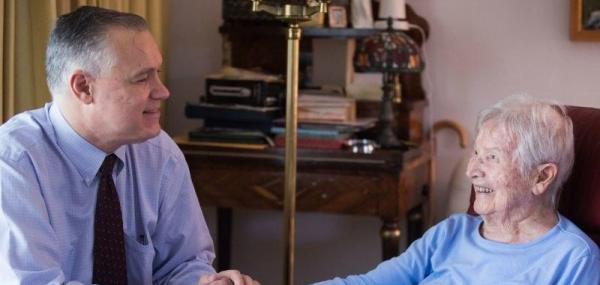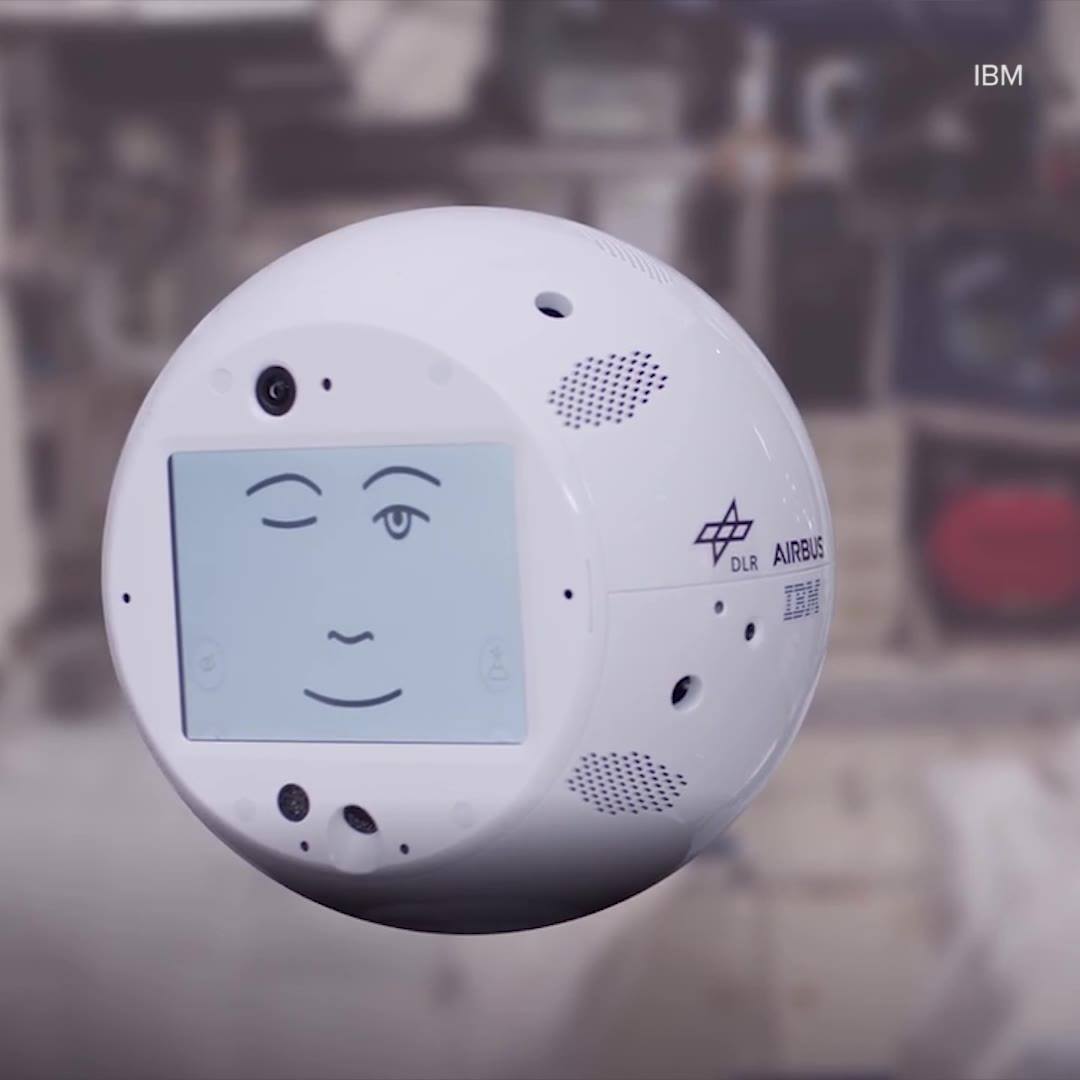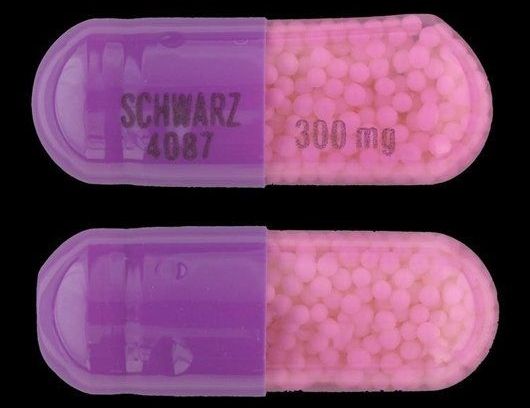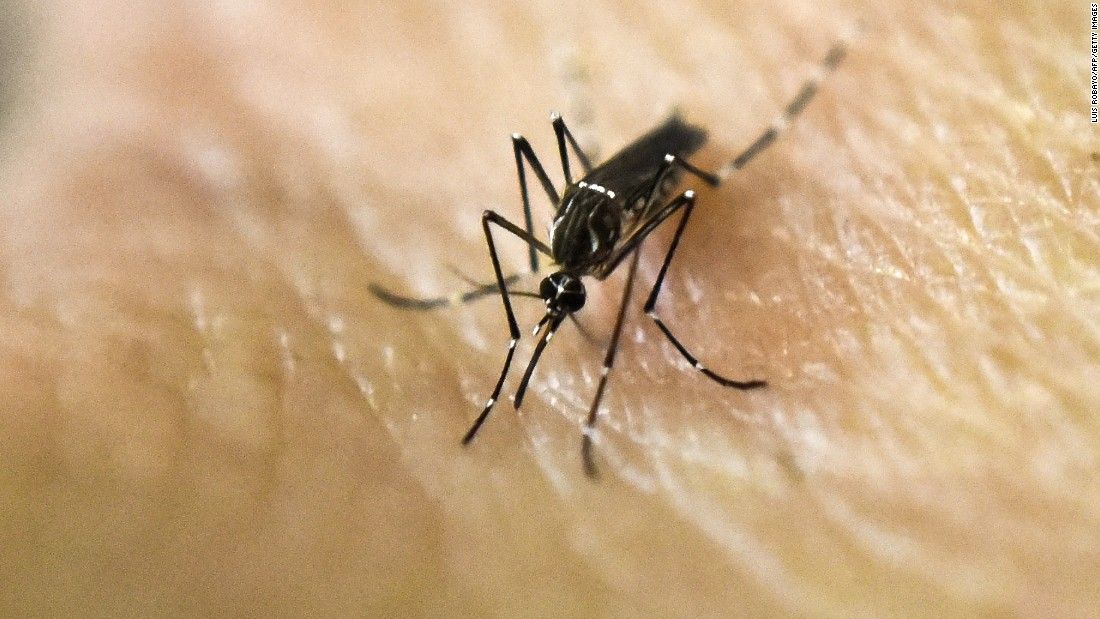Jul 13, 2018
How to predict the side effects of millions of drug combinations
Posted by Manuel Canovas Lechuga in categories: biotech/medical, robotics/AI
An example graph of polypharmacy side effects derived from genomic and patient population data, protein–protein interactions, drug–protein targets, and drug–drug interactions encoded by 964 different polypharmacy side effects. The graph representation is used to develop Decagon. (credit: Marinka Zitnik et al./Bioinformatics)
Millions of people take up to five or more medications a day, but doctors have no idea what side effects might arise from adding another drug.*
Now, Stanford University computer scientists have developed a deep-learning system (a kind of AI modeled after the brain) called Decagon** that could help doctors make better decisions about which drugs to prescribe. It could also help researchers find better combinations of drugs to treat complex diseases.
Continue reading “How to predict the side effects of millions of drug combinations” »

